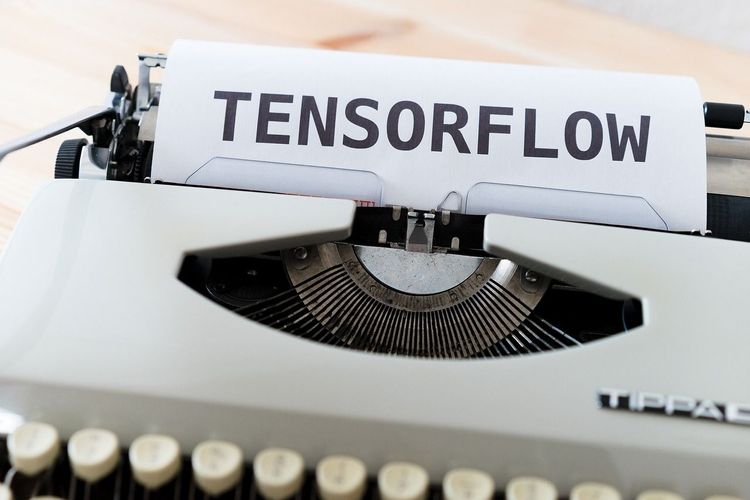Striking Actors Warn That Rejected 'AI Proposal' Could Allow Studios to Exploit Their Likeness Without Fair Compensation
Most people like

Typed is a powerful collaborative document tool that unites scattered documents, streamlines teamwork, and boosts research and productivity for users.

Soundful empowers creators and artists to effortlessly generate and monetize an unlimited variety of music tracks, offering endless opportunities for musical expression and revenue generation.

In today's fast-paced digital world, having an efficient app-based online booking system is essential for businesses aiming to enhance customer convenience and streamline operations. This innovative solution allows users to easily schedule appointments, reserve services, and manage bookings—all from the palm of their hand. By integrating an app-based online booking system into your business, you can significantly improve customer satisfaction and operational efficiency while staying competitive in your industry. Explore the benefits and features of this transformative technology to elevate your reservation process and grow your clientele.

Unlock the full potential of your artificial intelligence projects with our comprehensive AI datasets collection and annotation services. Our expert team specializes in curating and refining high-quality datasets tailored to your specific needs, ensuring optimal performance for your AI models. From image and text data gathering to precise labeling and categorization, we provide end-to-end services that enhance accuracy and reliability. Discover the difference that expertly annotated datasets can make in accelerating your AI development and achieving impactful results.
Find AI tools in YBX

